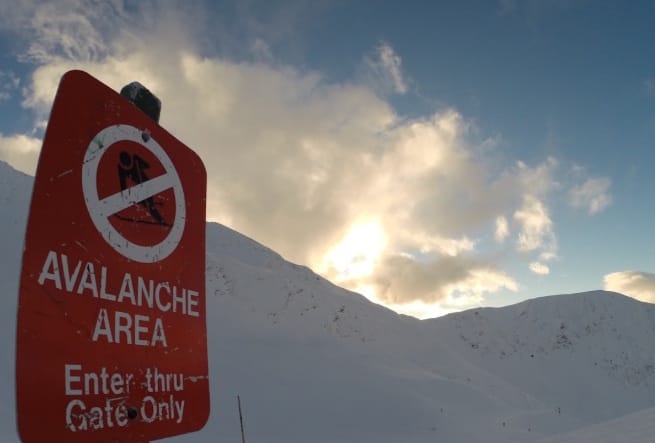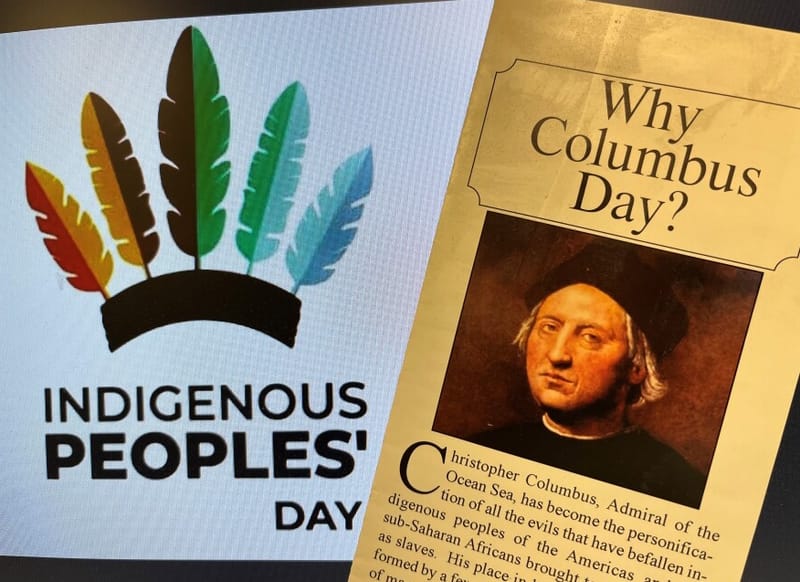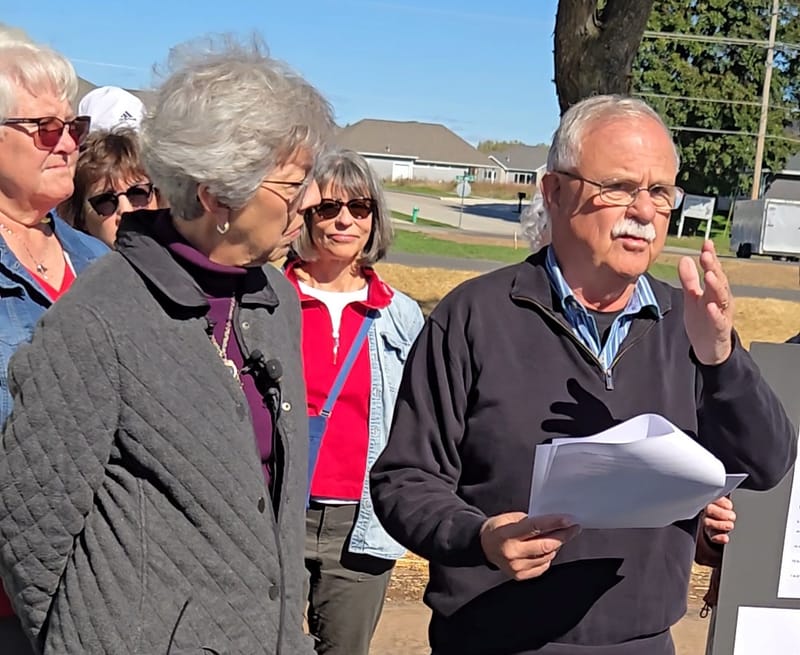An avalanche: Now is not the time to look away
If we don’t turn together right now, if we don’t look up the mountain and face what’s hurtling toward us, the snow will not ask our permission. It will bury us all.

This article originally appeared in The Recombobulation Area
You’re standing at the base of a mountain when you hear it. That low, ominous roar. Just at the edge of perception, but loud enough to give you pause. And then you turn to see it: the slab breaking loose, the rush gathering speed, scraping trees and rock into its belly. You wave your arms, call to the people you love, to neighbors, to strangers: It’s coming. We have to move. We have to move together.
But so many are facing the other direction. Down the slope, the sky is blue. The sun is warm. Things look normal. And when they say, “What avalanche?” a small, aching part of you wonders if you’re the one who’s lost your footing.
That’s the disorientation of living through this moment in the United States of America: paying close attention feels like being gaslit. We are watching institutions strain and splinter. We are listening to rhetoric harden, threats mount, lines shift under our feet.
Then yesterday, the administration issued a presidential memorandum to “counter domestic terrorism and organized political violence,” instructing agencies to identify and “disrupt” radical groups, scrutinize their funders, and coordinate across FBI and DHS platforms to pursue aggressive action. On TV, it’s framed as common-sense law and order. But in practice, it’s a toolset that can be turned toward civil society itself.
And still, as with every other headline, too many of us are choosing to look down the mountain, where the sky is blue.
What this memo actually does
This memo doesn’t just target “terrorists.” It quietly shifts the frame so ordinary dissent looks dangerous. Instead of treating protests or community groups as part of democracy, it nudges law enforcement to treat them as potential “terror threats.” That means more cameras, more files, more people quietly added to watchlists, not for planting bombs, but for carrying signs.
It goes after money, too. Imagine giving $50 to a local immigrant rights group and then hearing that the IRS is auditing them. Donors back away, banks start asking questions, and suddenly the group that feeds families can’t keep the lights on. The threat doesn’t have to be proven. Just the hint is enough to freeze people out.
And it gives the government permission to enforce laws unevenly. Leaders name enemies in speeches, and then, somehow, those are the people who get investigated or shut down. Everyone else gets the message: maybe don’t show up next time, maybe don’t donate, maybe keep quiet. That’s how control works, not with one big ban, but by making the cost of speaking up just a little too high.
None of this says “protest is illegal.” It just makes protest scarier.
And fear is often enough.
What it means for us
At a protest: expect more officers, more surveillance, less patience. The chants and signs that once were a hallmark of free speech could now risk conspiracy charges or federal enhancements.
Online: that post you made yesterday might disappear, or maybe it’s there but nobody sees it. Maybe a crowdfunding site cuts ties with your favorite group. Maybe your Venmo gets flagged. You don’t get a banner that says “speech is banned.” You just feel the walls inching closer.
For nonprofits and mutual aid groups: it isn’t a lock on the door. It’s audits, donor questions, insurance hikes. It’s death by a thousand cuts.
And it won’t stop there. Imagine your church pantry or PTA fundraiser struggling to keep a bank account because it partners with the wrong nonprofit. Imagine hesitating before posting about potholes or school books because you don’t know if it crosses a line. The line doesn’t need to be written down to be real.
There is no red line
Here’s the part most people miss: there will be no red line. No chyron saying America has crossed into authoritarianism.
In Russia, the “foreign agent” label began as a bureaucratic nuisance. Then came fines. Then raids. Today, even sharing a banned NGO’s report online can bring prison time. It didn’t arrive with a crash. It arrived through paperwork, memos, nudges. Until one day, people woke up surrounded by walls they hadn’t noticed being built.
That’s what’s happening here. Authoritarianism doesn’t walk through the front door. It seeps in through the cracks of policy. And the first sign is a feeling: a hesitation before posting, a pause before donating, a quiet calculation before you show up.
And yes, part of us wants to look away. Self-preservation tells us to keep our eyes on the blue sky, to believe that if we don’t turn around the roar won’t reach us. That instinct is human. But it is also how avalanches consume whole valleys, one by one, people convincing themselves that staying put is the safer choice.
A certain grief
Those of us looking up the mountain are already grieving. Grieving the country we thought this was, grieving the childhood we hoped our kids would inherit – one with more freedom and more unity than this.
And we are pleading, pleading with those still staring at blue skies to turn around. To look up. To hear that ominous roar. Because the slab has already broken loose. It’s already sweeping up immigrants, LGBTQ+ families, teachers, librarians, public health workers, protesters, and now the nonprofits that feed and shelter our neighbors.
This isn’t hyperbolic. The snow has already started to move.
I want to leave you with this: avalanches don’t stop by themselves. People stop them by seeing clearly, by refusing to be divided, by reaching for one another before the weight is too great.
The danger is that we go on as we have, too many of us staring at blue skies, even as the roar grows deafening. Because if we don’t turn together right now, if we don’t look up the mountain and face what’s hurtling toward us, the snow will not ask our permission. It will not pause for debate.
It will bury us all.
Emily Tseffos is the chair of the Democratic Party of Outagamie County






